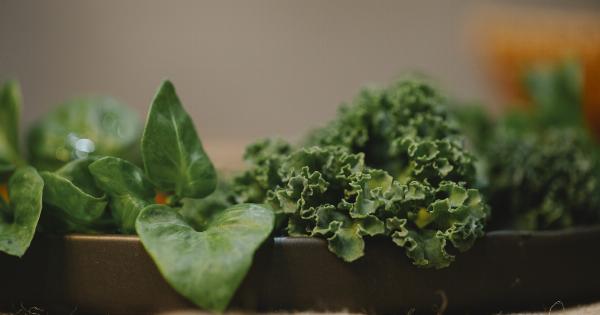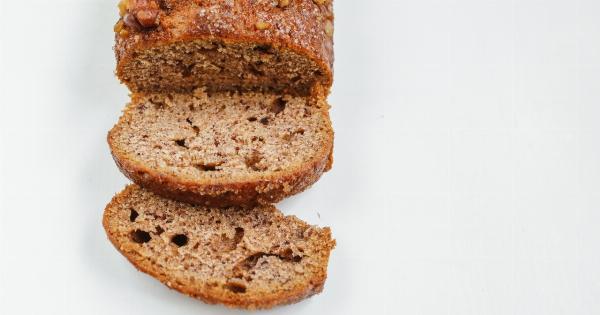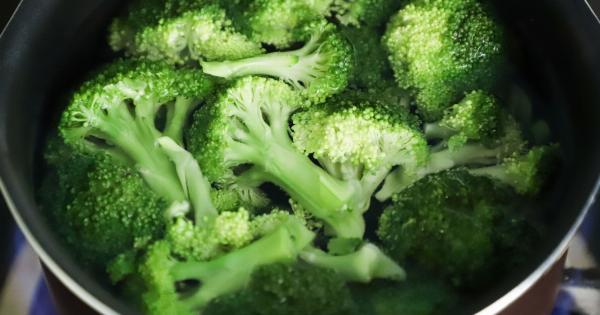Vitamins are essential for maintaining good health and overall well-being. They play crucial roles in numerous bodily functions, including metabolism, immune system function, and cell production.
While it’s true that vitamins can be obtained through a balanced diet, many individuals resort to vitamin supplements to meet their nutritional needs. However, simply taking a vitamin supplement on an empty stomach may not provide optimal benefits. The importance of taking vitamins with food cannot be emphasized enough, as it significantly impacts nutrient absorption and overall health.
The Impact of Food on Vitamin Absorption
When you consume vitamins with food, especially those rich in healthy fats or oils, your body is more likely to absorb and utilize the nutrients effectively.
Fat-soluble vitamins, such as vitamins A, D, E, and K, are especially dependent on the presence of dietary fats for absorption. These vitamins dissolve in fats, and when consumed with food, the fats in that meal help transport the vitamins across the intestinal wall and into the bloodstream, where they can be transported to the cells that need them.
The absorption of water-soluble vitamins, such as vitamin C and the B vitamins, is also improved when consumed with food.
Food helps slow down the digestive process, allowing these vitamins to spend more time in the stomach and small intestine, increasing the chances of absorption.
Furthermore, certain food components, like enzymes and acids found in various foods, can enhance the absorption and utilization of specific vitamins.
For example, vitamin C is better absorbed when consumed with foods containing citric acid, such as citrus fruits or tomatoes, as the acid helps break down the vitamin and increase its bioavailability.
The Benefits of Pairing Vitamins with Specific Foods
Enhancing the absorption of vitamins by pairing them with specific foods not only improves nutrient utilization but can also provide additional health benefits. Here are some examples:.
1. Iron with Vitamin C-Rich Foods
Iron is crucial for the production of red blood cells and the transport of oxygen throughout the body.
Pairing iron-rich foods, such as spinach or lean meats, with vitamin C-rich foods, like oranges or bell peppers, can significantly enhance iron absorption. Vitamin C aids in converting the iron into a form that is easier for the body to absorb, ensuring that you get the maximum benefit from both nutrients.
2. Vitamin D with Healthy Fats
Vitamin D is mainly obtained through sunlight exposure, but it can also be found in some foods, such as fatty fish and fortified dairy products. As vitamin D is a fat-soluble vitamin, it is best absorbed when consumed with healthy fats.
Pairing vitamin D-rich foods with sources of healthy fats, like avocado or nuts, can enhance its absorption and support bone health, immune function, and overall well-being.
3. Vitamin E with Nuts and Seeds
Vitamin E is a powerful antioxidant that helps protect the body against cellular damage caused by free radicals. Nuts and seeds, such as almonds and sunflower seeds, are excellent sources of vitamin E.
Consuming these foods alongside other sources of vitamin E, such as leafy greens or avocados, can enhance the absorption of this vital nutrient, providing added antioxidant protection for the body.
4. Vitamin K with Healthy Fats
Vitamin K is essential for blood clotting and bone health. Like vitamin D, it is a fat-soluble vitamin, so consuming it with healthy fats enhances its absorption.
Pairing vitamin K-rich foods, such as kale or broccoli, with sources of healthy fats like olive oil or fatty fish, ensures your body can effectively utilize this important nutrient.
5. B Vitamins with Whole Grains
B vitamins play a crucial role in energy production, brain function, and red blood cell production. Whole grains, such as brown rice or quinoa, are excellent sources of B vitamins.
Consuming B vitamin-rich foods with whole grains not only ensures better absorption but also provides a balanced intake of other nutrients essential for overall health, such as fiber and minerals.
Optimizing Your Vitamin Intake for Optimal Health
Here are some tips to help you optimize your vitamin intake for maximum nutrient absorption and overall health:.
1. Take Your Vitamins with a Balanced Meal
Incorporate your vitamin intake into a well-balanced meal that includes a variety of whole foods, healthy fats, lean proteins, and plenty of fruits and vegetables.
Consuming your vitamins with a meal that contains a mix of different nutrients can enhance their absorption and utilization in the body.
2. Pay Attention to Food Interactions
Some foods can interact with certain vitamins, either enhancing or inhibiting their absorption.
For example, calcium may interfere with the absorption of iron, so it’s best to avoid consuming calcium-rich foods, such as dairy products, at the same time as iron supplements or iron-rich meals.
3. Follow Supplement Instructions
If you take vitamin supplements, make sure to carefully read the instructions. Some supplements are best taken with food, while others should be taken on an empty stomach.
Follow the recommended guidelines to ensure optimal absorption and minimize potential side effects.
4. Consult with a Healthcare Professional
If you’re unsure about the best way to take your vitamins or if you have any underlying health conditions or concerns, consult with a healthcare professional.
They can provide personalized guidance based on your specific needs and help you determine the optimal approach to meet your nutritional requirements.
Conclusion
Taking vitamins with food is vital for maximizing nutrient absorption and reaping the full benefits of these essential nutrients.
By pairing vitamins with specific foods, you can enhance their absorption, strengthen overall health, and ensure that your body is getting the optimal nutrients it needs. Remember to incorporate a well-balanced diet and consult with a healthcare professional to tailor your vitamin intake for optimal health and well-being.





























